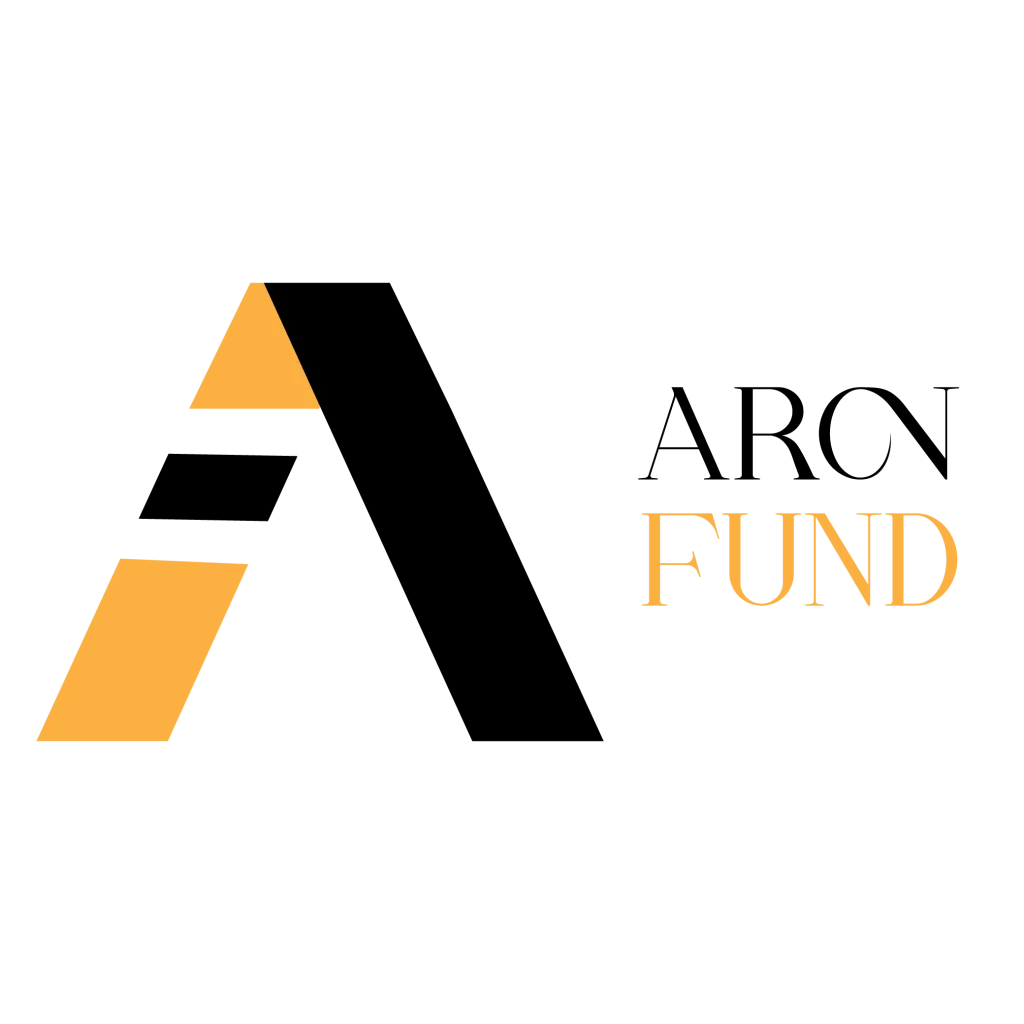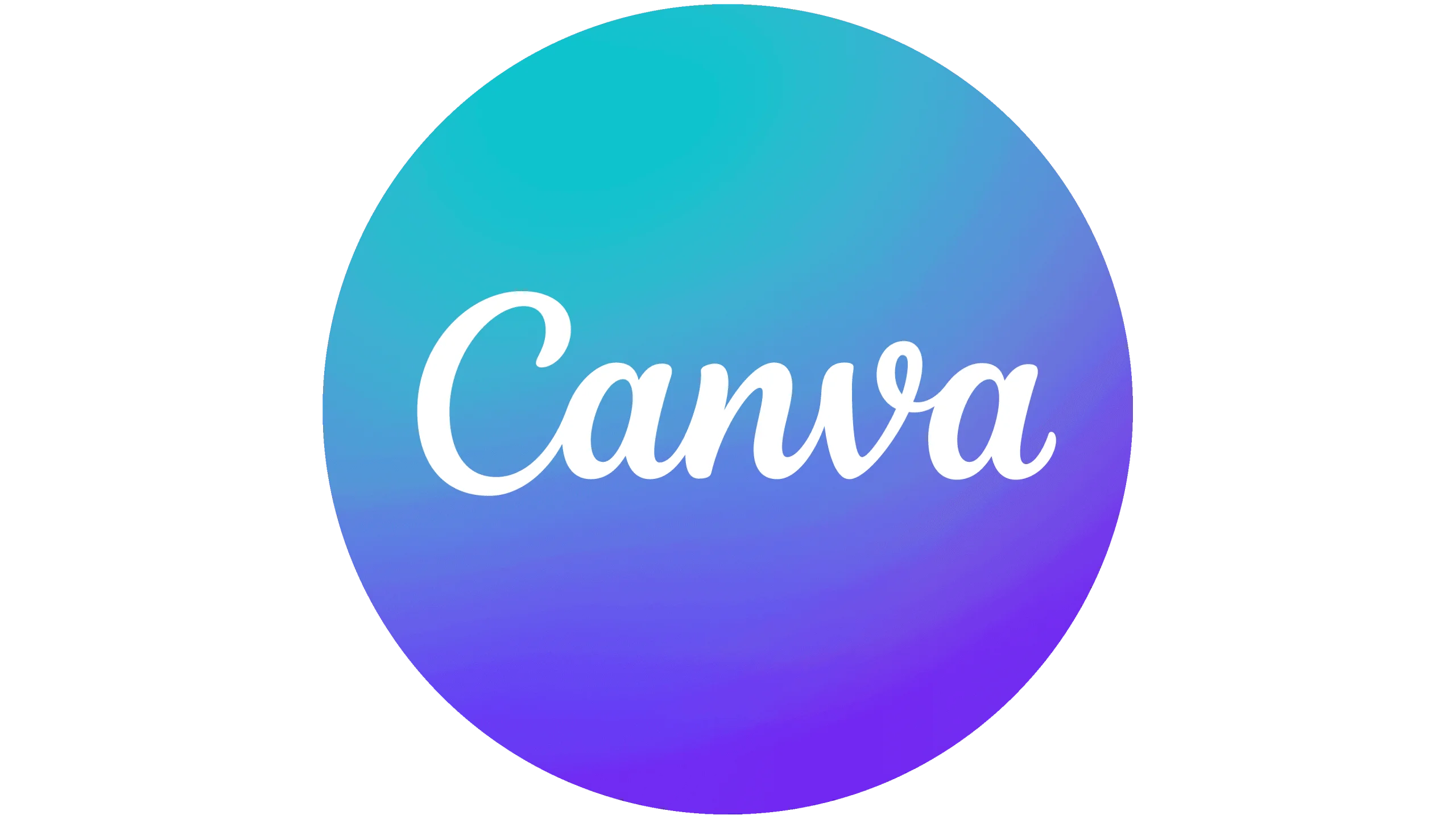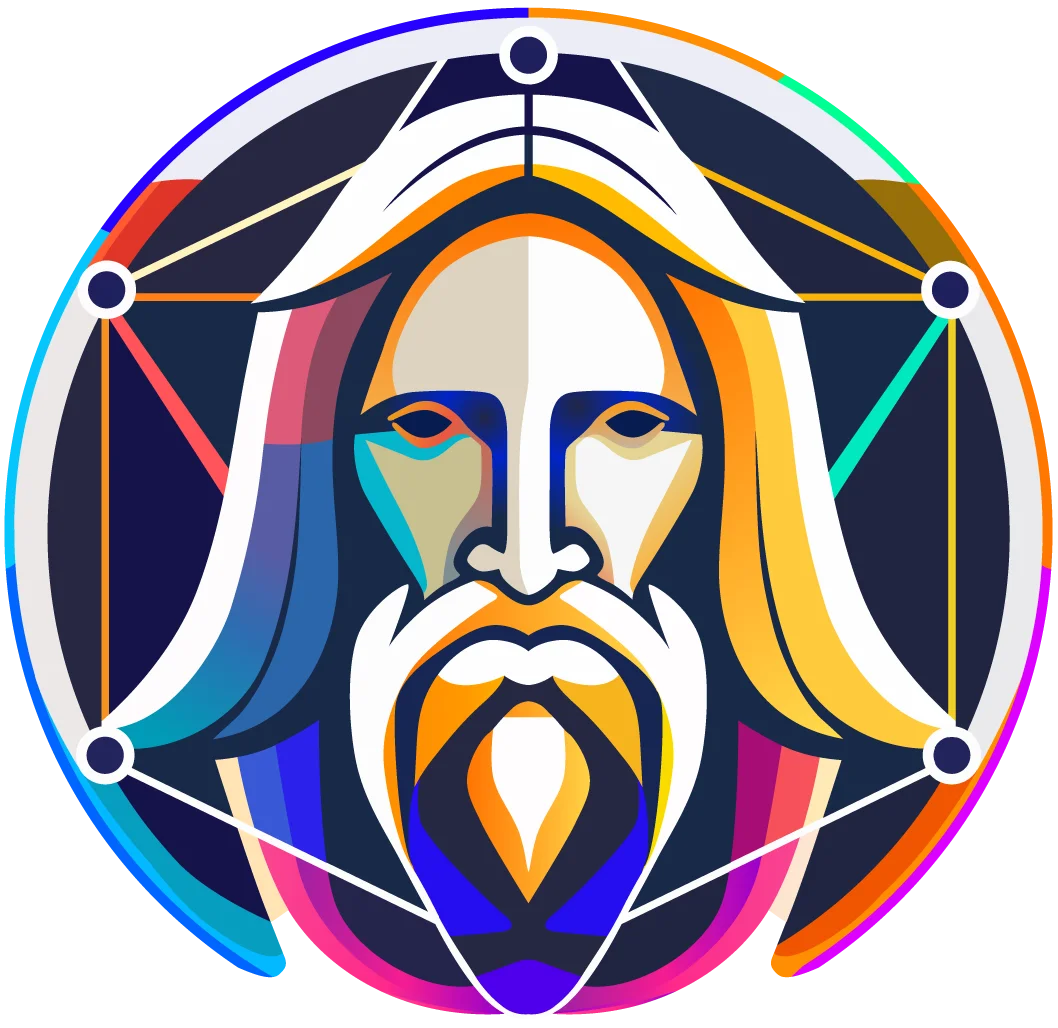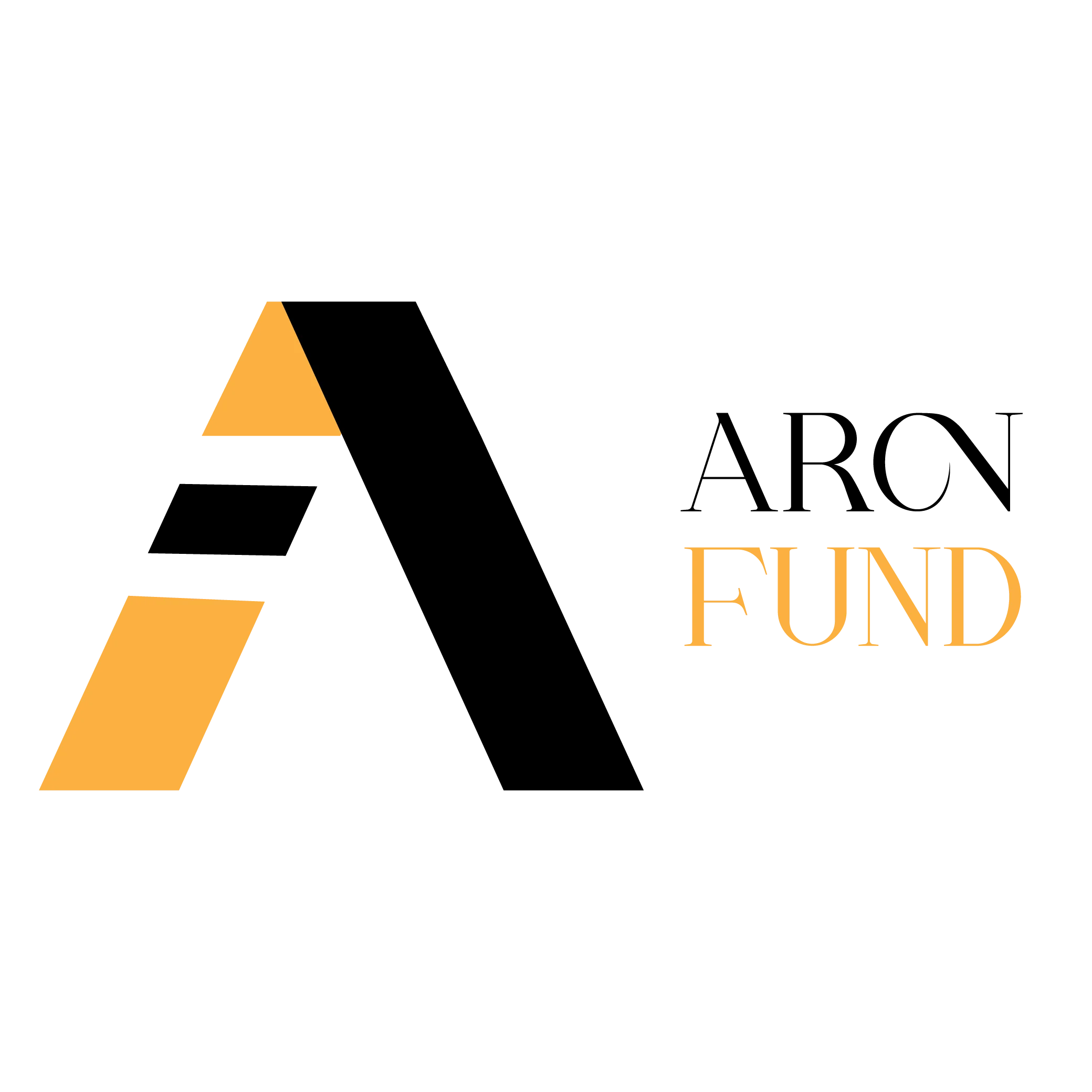Alpha School’s AI Revolution
Alpha School redefines education with AI-driven adaptive tech, enabling students to master a full day’s academics in two hours. The rest of the day focuses on life skills, passion projects, and group activities, balancing solo learning with social engagement. This tackles the inefficiencies of uniform teaching and the isolation of self-study, maintaining school’s social benefits while streamlining learning.
How It Works
Students use AI tutors for personalized morning lessons in math, reading, science, and social studies. The system tracks progress in real time, ensuring mastery before advancing. Teachers, now “guides,” mentor rather than lecture, keeping students motivated. Afternoons feature workshops on leadership, public speaking, coding, or creative pursuits, with older students exploring internships or research. This blend of independent study and collaborative projects fosters confidence, communication, and problem-solving.
Why It Stands Out
Unlike online-only programs, Alpha combines personalized learning with in-person interaction. Inspired by Julian Stanley’s work on gifted education, it avoids redundant lessons and tailors pacing to each student’s ability, using AI to address misunderstandings instantly. This allows students to progress faster without boredom or gaps.
Does It Work?
Alpha’s model excels for self-motivated students, with graduates admitted to top colleges like Stanford and Vanderbilt. They report feeling as or more prepared than peers, frustrated by slower traditional lectures. Standardized tests show Alpha students achieve 2.4–2.6 times the academic growth of traditional peers.
Can It Scale?
As a private school with $25,000–$40,000 tuition, Alpha aims to expand via charter schools, including a virtual Arizona charter in Fall 2025. Resistance to physical charters may push growth toward private micro-schools in voucher states. Critics worry about screen time (limited to two hours daily) and suitability for students needing more structure. Alpha counters that guides replace traditional teachers as motivators, not content deliverers.
The Future
Alpha’s success highlights personalized learning’s potential to rival traditional schooling. Scaling while maintaining quality is key, but its model challenges educators to rethink school design: If built today, would schools resemble the past?





